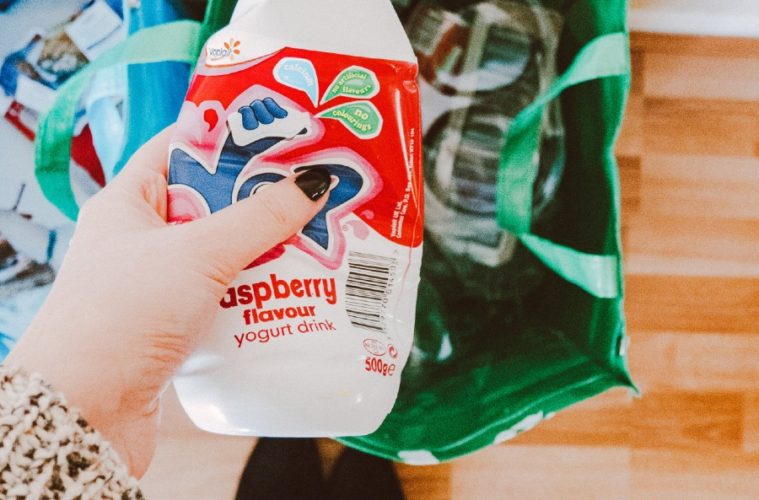It’s almost time for college and university students to head back to school. Due to COVID-19, it’s evident that many will have to take a few online courses. When you spend hours at home on your laptop, it’s easy to waste energy. However, it’s always important to live a more eco-friendly lifestyle — whether or not you expect to attend in-person classes.
Here’s how to save energy and electricity as a student.
1. Try a New Shower head
This tip may not apply unless you live off-campus. That said, it’s still worthwhile to note for future use. The average American’s water use amounts to 60 gallons per day — and that’s mostly due to long showers and toilet flushes. It takes energy to distribute and heat water, so it’s important to choose sustainable methods whenever possible. You’ll be able to save money as a result.
A green shower head can lessen your water use. These devices limit how much water your shower dispenses per minute. As a result, your water heater won’t have to work as hard. You can simply switch out your current shower head for this replacement. Then, you can reinstall the old shower head when it’s time to move.
2. Limit Air Conditioner Use
You’ll find that many dorms and apartments have air conditioners. These may be whole-house or window units. In either case, it’s essential to cut back on how often you turn on your A/C, even on hot days. You should opt for a fan to cool your space instead, unless it’s truly unbearable outside and in. You can also run your A/C at a higher temperature so it doesn’t have to use much energy.
Try to set your thermostat to no more than 77 degrees Fahrenheit or 25 degrees Celsius when you’re at home. This step keeps your space cool, all while you conserve electricity. You can then increase your thermostat to a higher temperature whenever you step out.
3. Use a Power Strip
Here’s how to save energy on a college campus when you aren’t there. Maybe you have day-long classes, or you’re away for the weekend. You’ve probably left your TV, chargers and other electronic devices plugged into an outlet. It turns out that some devices still use energy even when you turn them off. If you use a power strip, it’s easier to cut power entirely before you leave for class or work.
Be sure to choose a power strip with a surge protector so your gadgets won’t experience voltage spikes. This added feature keeps your electronics safe.
4. Cook Enough for Leftovers
While energy conservation for students isn’t always simple, it’s easier than you think to make eco-friendly changes. If you cook your own meals, it’s essential to make enough for leftovers. You could even prepare bulk meals each week so you only have to cook once. This effort saves money and energy, since you’ll use your oven less and avoid unnecessary to-go orders.
You may also want to eat less meat and dairy. A somewhat vegetarian or vegan diet has far fewer energy implications than traditional options. Consider these points before you plan your next trip supermarket trip.
5. Go With Cold Water
When you wash your clothes, it’s best to use cold water. You can still use hot water for extra-dirty clothes so that you can thoroughly clean them. Otherwise, cold water should be your first choice. That because it’s a lot easier on your water heater. Plus, your garments won’t produce as many microfibers — and these materials can pollute oceans. You’ll find that your clothes hold up longer, too.
Do your machines have an option that specifically saves energy? Choose that for regular loads. You can even take another step if you want to use eco-friendly products. These efforts make a distinct difference. If you have an outdoor space, it’s also smart to air-dry your clothes whenever possible.
Learn How to Conserve Energy for Students
It’s clear that energy conversation for students doesn’t have to be complicated. A few simple changes to your daily activities can make a significant impact. Start with these ideas to lead a more sustainable lifestyle this year. Your eco-friendly actions will feel like second-nature before long!



